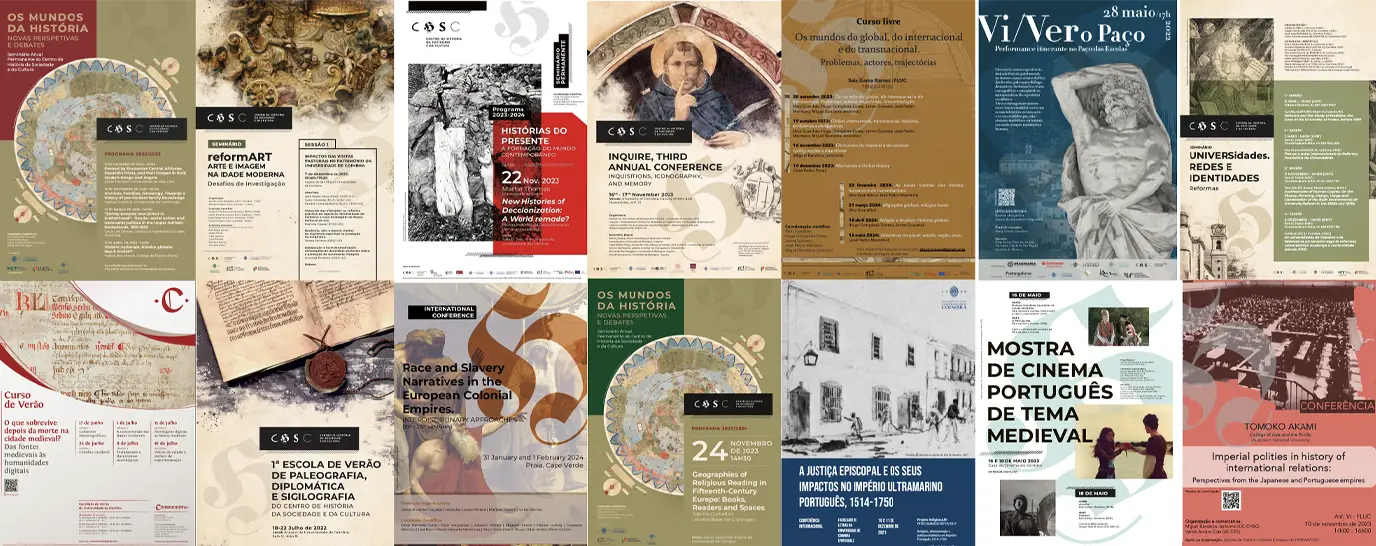
Episcopal Governance in the Portuguese Seaborne Empire: Praxis, Dynamics and Ideologies, (XV-XX centuries)

Episcopal governance in the Portuguese seaborne empire has received a considerable scholarly attention over the last three decades, but there is still much work to be done. Although bishops in Portuguese overseas influenced the empire’s administration a great deal, both on the strictly religious domain and as state agents, little is known about the profile and thoughts of some of the most influential among them. Even the interconnections between the secular politics and the bishops’ pastoral enterprises, a topic that usually generates interest among scholars, are still to be studied in many spaces and contexts of the Portuguese Empire. Little is known, for example, about the bishops’ pastoral approaches during the so-called “Scramble for Africa”, when the actions of ecclesiastical authorities threw their weight behind secular ruler’s claims regarding sovereignties over disputed territories. In the 20th century, to cite but only a more recent example, almost nothing is known about the participation of the overseas bishops in the Second Vatican Council. It is unknown whether, how and to what extent those prelates tried to influence the Council’s agenda regarding the future of the societies and that of the churches in the Portuguese colonies in Africa. This International Conference aims to address these and other aspects of diocesan administration/governance in the Portuguese empire, laying a special stress on the multiple aspects of the bishops’ pastoral work and their political profile.
Organisation: Centre of Mission and Global Studies of VID Specialized University of Stavanger (Norway) | Centre for the History of Society and Culture of the University of Coimbra (Portugal); Ministry of Culture and Creative Industries of the Government of Cape Verde | Municipality of Ribeira Grande de Santiago
Date: 31 January and 1 February 2023
Venue: National Library of Cape Verde